-
Home
-
Shop
New -
Explore
-
Support
-
Track Order
Jan 13, 2023
Author:Jackson Watson
Every dog parent knows that accidents happen! And there are times when your dog eats too much food. Here’s what you can do if your dog ate too much food.
Our furry companions have the capacity to accidentally overeat sometimes. But it should not be a regular occurrence or it will become a cause of concern.
Dogs who eat too much food are at risk of obesity. It is usually caused by giving frequent fatty treats and offering high-calorie foods along with a lack of exercise. Dogs with obesity may gain weight, have excess body fat, and abdominal sagging, and show lethargy or unwillingness to exercise.
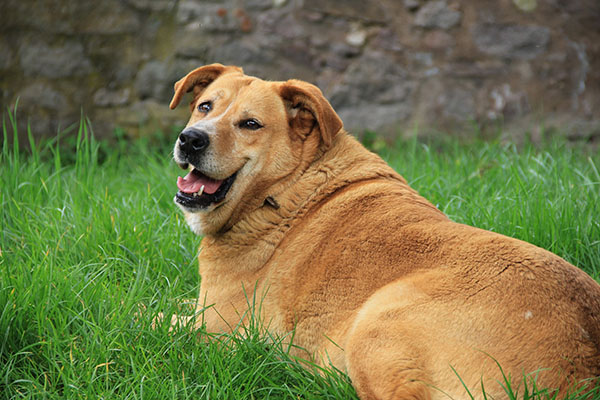
Heart disease includes congenital abnormalities and disorders of body structure, function, or electrical activity. Overeating and obesity in dogs have been associated with mild heart changes. Being overweight complicates heart problems in dogs and makes the disease harder to treat.
Another complication that comes with eating too much food is joint stress. Being overweight sets the stage for an increased risk of joint stress causing joint damage, and osteoarthritis, leading to chronic pain.
The excess calories due to overeating are stored as fat. Hormones related to inflammation are released in dogs from this fat, causing excess stress on joints.
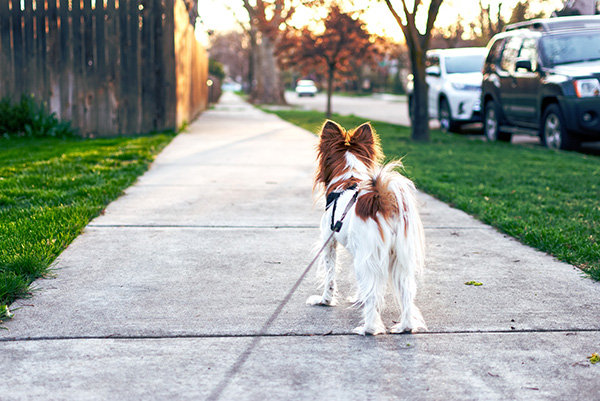
It is the most common hormone imbalance in dogs, caused by a disorder of the thyroid gland. The most common signs of hypothyroidism include excessive tiredness, depression, weight gain without an increase in appetite, excessive shedding, dry or dull coat, or hyperpigmented skin. Hypothyroidism is usually treated with medication and diet.
Being overweight can increase the risk of a dog developing diabetes. Obesity contributes to insulin resistance and is a risk factor for diabetes. It prevents your dog’s body from regulating blood sugar levels properly.
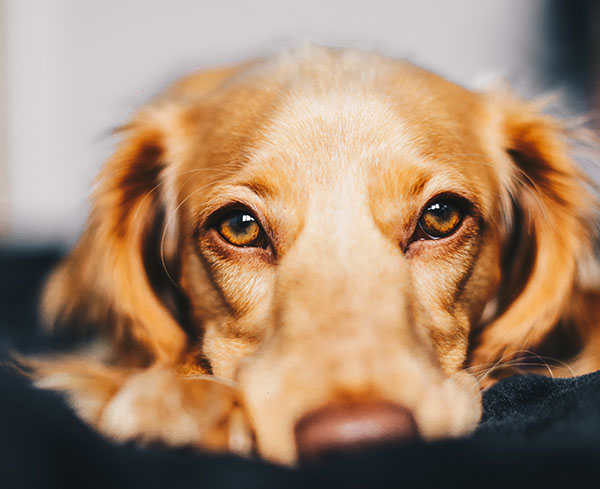
Your dog ate too much food… what to do? Bloat in dogs is a fast-acting, life-threatening problem that requires urgent veterinary treatment. Knowing the signs of a bloated dog beforehand is extremely important. Early detection lets your dog get the care he needs.
Not all dogs with bloat will exhibit all of the symptoms at once. Even some of the most common indications of bloat aren’t easy to spot. Even just one or two of these symptoms can be a cause for concern. Here’s what pet parents need to know about signs of bloat in dogs:
A dog with bloat may experience restlessness, sudden anxiety, pacing, seems uncomfortable or constantly moving around the house. In dogs, restlessness and pacing indicate pain, discomfort, or distress.
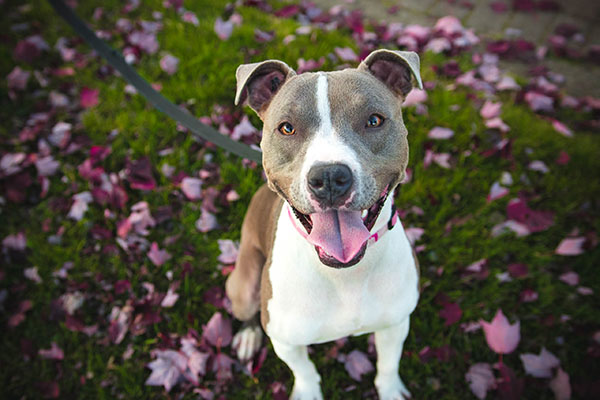
Your dog may show signs of pain, or simply look weak and sluggish. Bloated dogs tend to feel lethargic and prefer lying around more than usual. Breathing may also appear to be labored and the dog may have a hard time getting up.
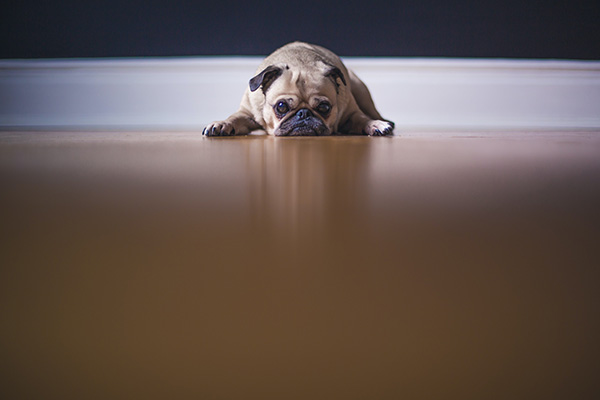
The classic sign of bloat in dogs is frequent, unproductive, dry vomiting. Your dog may be trying to expel the cause of gastric discomfort but unfortunately, the passage is blocked. You may notice your dog trying to vomit but being unable to do so. Some dogs might spit out white foam when trying to vomit. This is usually mucus coming from the esophagus or stomach.
Another sign of bloat is that a dog’s lungs may become compressed by the pressure exerted on them by the swollen stomach. As a result, they may start panting or struggle to breathe. Rapid, shallow breathing in dogs is essentially the description of panting. If your dog’s gums look pale and he seems depressed, uncomfortable, and distressed, it should be a cause for concern.
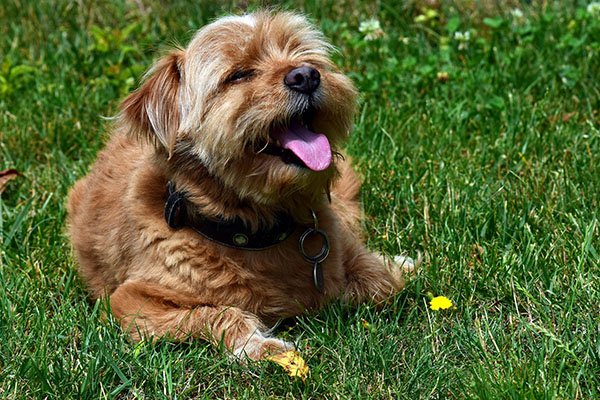
Bloat can also lead to excessive drooling. You may notice the excessive flow of saliva that has accumulated in the mouth or oral cavity of bloated dogs. You may see drooling along with other symptoms like unproductive vomiting, restlessness, or lethargy.
If you think your dog ate too much food and you notice canine bloat symptoms, you should seek vet care immediately. Your pup may be one of the few dogs to survive this terrible disease.
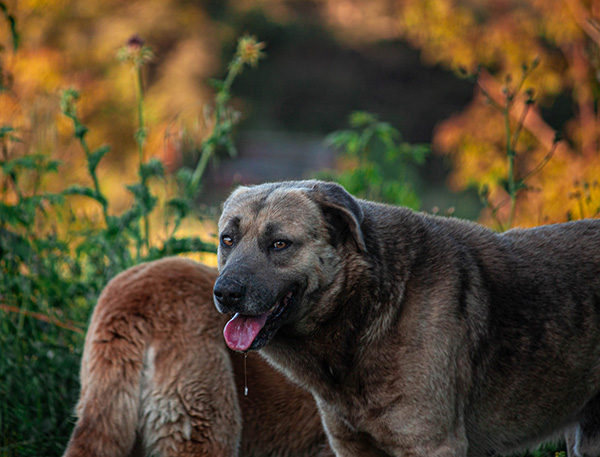
Sometimes, it’s surprisingly tough to tell whether or not tummy trouble is serious. Even some mild conditions in dogs may become serious if left untreated for too long.
So, it’s best to prevent these problems from developing. Learning how to prevent bloat and other gastrointestinal issues can help protect your dog from life-threatening situations. Here are a few things that you can do:
Eating too much food and too quickly can have severe consequences for dogs, and bloating is one of them.
Try to prevent overeating in the future by using WOpet Automatic Pet Feeder to split up meals and raise eating habits for your pampered pet. This will help keep your dog from eating his food down too much.
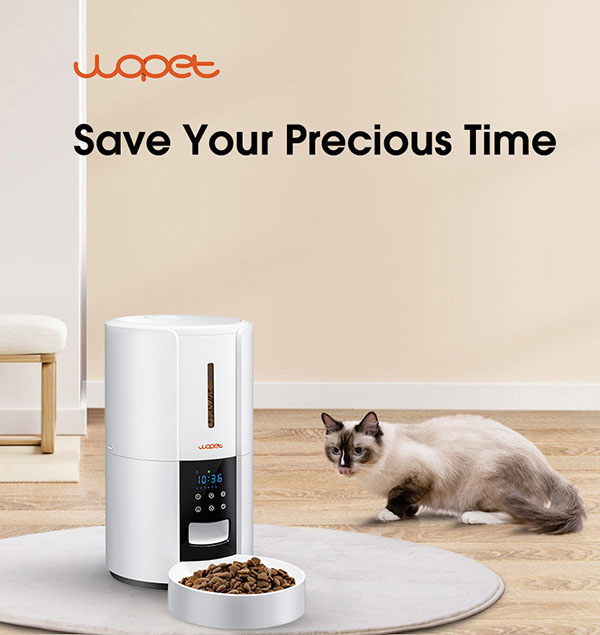
Feed your dog several small meals by schedule instead of 1-2 large ones daily. Dogs fed one meal a day are twice as likely to experience bloat as those fed smaller, multiple meals a day.
Do not allow your furry companion to drink large quantities of water quickly at their mealtime. Water will make their food expand in the stomach and can dilute digestive juices, making them less effective. Check How Much Water Does A Dog Need>>
Avoid scheduling walks or exercise sessions for your dog too close to meals. When their stomach is full, it’s more likely to flip or twist after sudden movements. Give your furry friend a bit of time to digest their food before starting any physical activities.
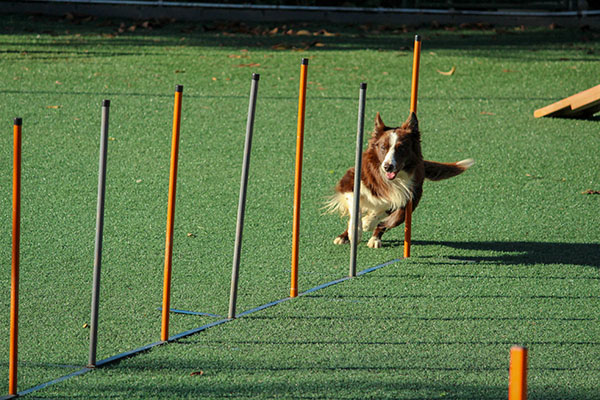
Give your dog a calm environment in which to eat. The type of food your dog eats can also increase their chances of experiencing bloat.
Popular Post

Why Does My Cat Cough After Drinking Water? 8 Potential Reasons
Mar 13, 2023
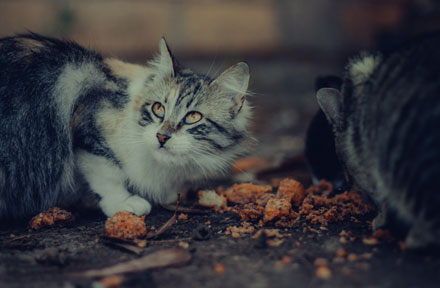
My Cat Only Eats A Little at A Time - What to Do?
Feb 27, 2023

What to Feed a Sick Dog With No Appetite? [2024 Guide]
May 16, 2023

Why Is My Dog Being Destructive All of A Sudden?
Feb 04, 2023
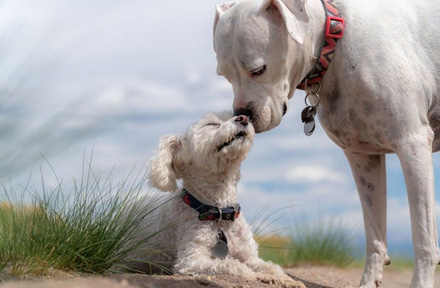
Do Puppies Miss Their Moms
Feb 11, 2023
Copyright © 2024 WOPET. All Rights Reserved.